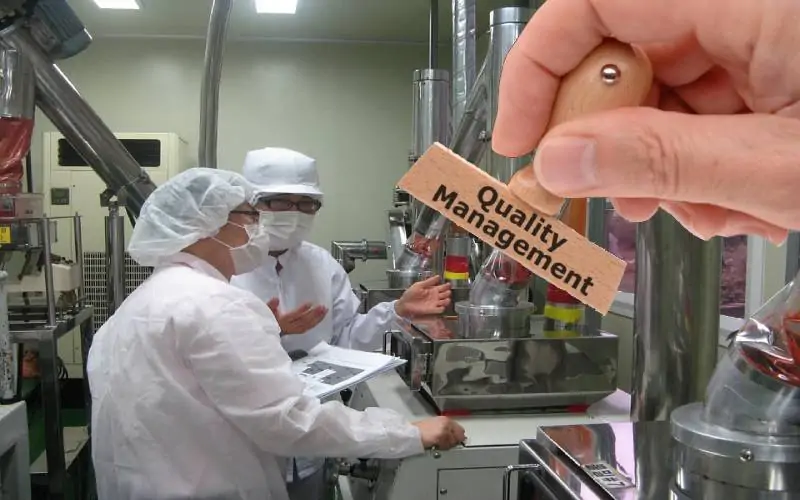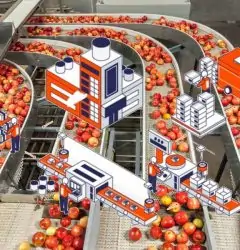03 Sep

In the food industry, quality management and food safety hold an immense amount of importance. But, how do you keep a score of all that? Many businesses use paper checklists to analyze if all things are in order. Not only is this process time-consuming, but also it is considered to be one of the most outdated methods. Such a method is also filled with errors and disadvantages.
This is where the digital quality management system steps in. With the help of this system, you can supervise and track your food safety processes and procedures that, in turn, improve the food quality. It works hand-in-hand with the employees and thus, eases the burden on them tremendously.
Let’s see how this digital quality management system has got to offer and how you can make the most out of it.
1. Reminds About the Tasks that Have been Overlooked
The maintenance of the equipment is quite crucial and it highly contributes towards the smooth working of all the operations. But this maintenance doesn’t have to be done daily. It can be done at the end of the week or the end of a month. However, this task isn’t much popular among the other tasks and remains on hold till the end of the day. Due to this reason, many businesses often overlook or forget this task.
The digital quality management system helps in setting reminders for such overlooked tasks to make sure all the systems and processes keep on running smoothly. It also avoids piling up the tasks that can lead to bigger problems in the future.
2. Checks the Temperature Automatically
Several food items need a specific temperature to maintain their quality and taste. Now, manual temperature checks can be a little hectic where an employee needs to jot down the temperature four times a day. Who would notice if an employee made up various values based on the previous measurements?
That is why it is important that you have some wireless sensors that can check the temperature automatically. The digital quality management system also provides automated alerts if there are any deviations from the set temperature. In this way, you will always stay up-to-date regarding the temperature of your food items.

3. Adjust the Tasks that are Scheduled Incorrectly
Undoubtedly, the digital quality management system can make the reporting process much easier and much more understandable. But, the report may be filled up by some incorrectly scheduled tasks that can drag KPIs down.
For instance, every business inspects its deliveries on the daily basis and an inspection report is generated. However, if a delivery doesn’t come on time, you may have an incomplete task in your report. Therefore, it is better to switch to a weekly inspection of the deliveries rather than inspecting on a daily basis. In this way, all your tasks get completed on time.
4. Manages Everything Proactively
The digital quality management systems enable you to respond to real-time issues before they become a bigger problem. In this way, you can keep the damages at a minimum by tackling them timely. The quality management systems also provide automated alerts so you know exactly where you need to work and how you can rectify it. It will also contribute to securing the highest possible benefits for the company.
5. Think Beyond HACCP
Instead of the HACCP task management system, you should be focusing more on the digital quality management system. A quality management system can handle a lot more tasks than the HACCP. In fact, you can utilize the quality management system to track any operation that seems quintessential.
For instance, a food waste management system can not only help in saving a large number of costs for an organization but also assists in increasing operational efficiency. Another area where a quality management system can be of utmost importance is surface hygiene. Surface hygiene tasks must be completed consistently. However, when the entire staff is busy, these tasks may get overlooked.
But, with the help of the quality management system, you can easily track the surface hygiene tasks as well as manage the food waste. It also helps you to cover a broad range of tasks that can help make your business successful.
Conclusion
The quality management system is highly important for food industrialists because it guarantees the smooth working of all the operations, systems, and networks of an organization. The aforementioned benefits can help you make the most out of your quality management system and take your food business to new heights of success and glory.




Ecodocs